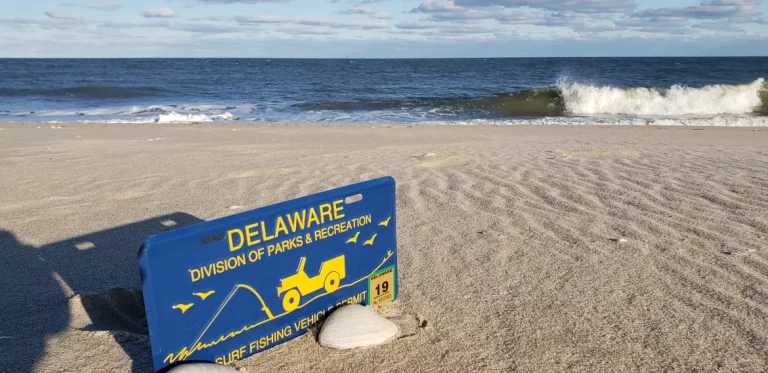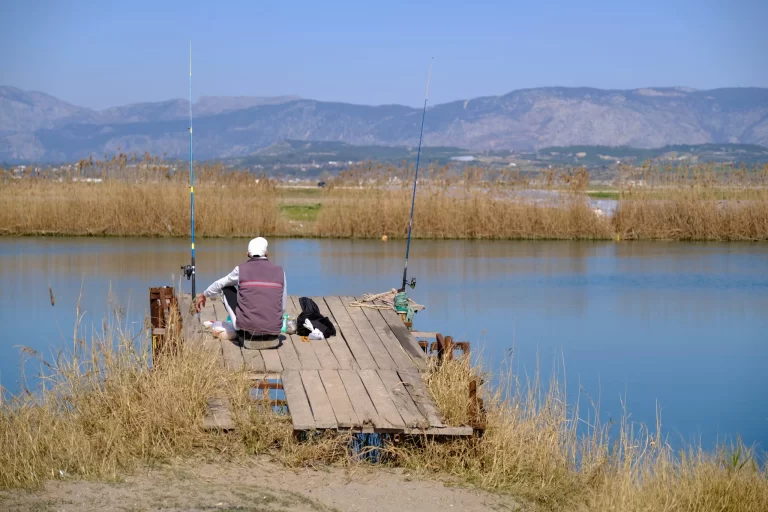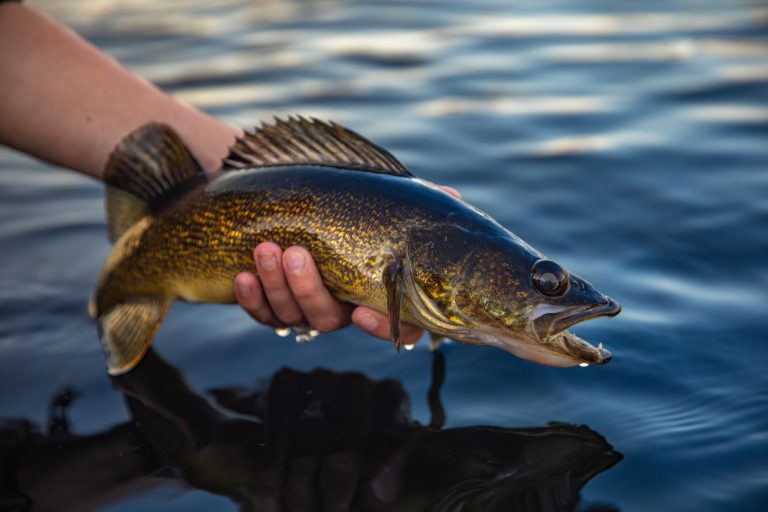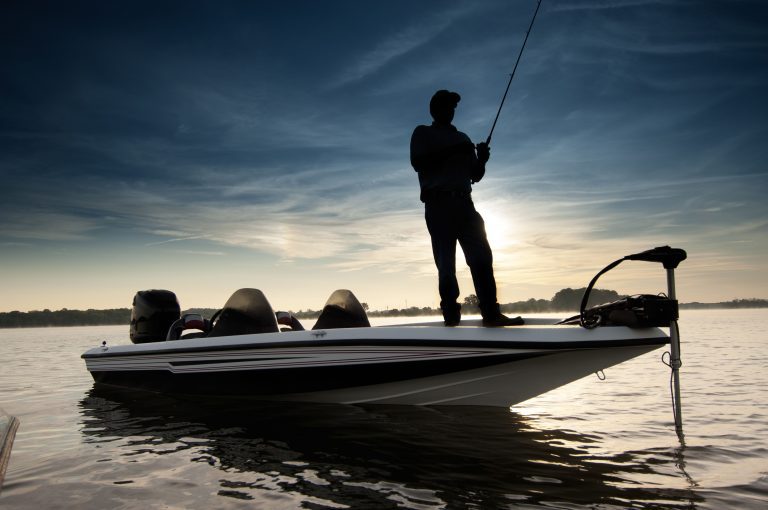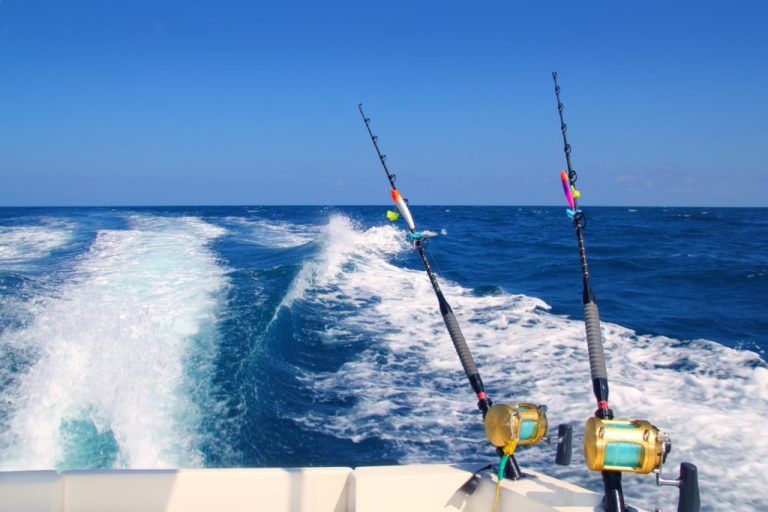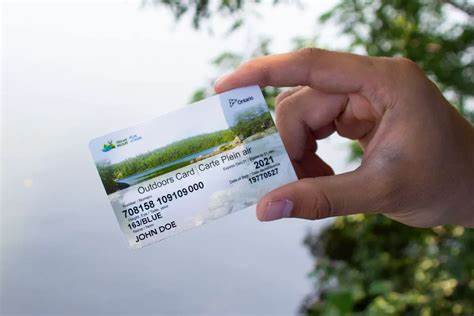Are you ready to cast your line and reel in the catch of a lifetime in California’s bountiful waters? Before you embark on your fishing adventure, there’s one crucial step you need to take: obtaining a valid California fishing license for 2024. Whether you’re a resident or visitor, a fishing license is your key to unlocking the Golden State’s diverse fishing opportunities while supporting conservation efforts. In this comprehensive guide, we’ll walk you through the process of getting your fishing license, explore the different types available, and answer common questions to ensure you’re fully prepared for your next angling excursion.
Why You Need a California Fishing License
A fishing license is more than just a legal requirement; it’s an investment in the future of California’s fisheries. Here’s why obtaining a license is crucial:
- Legal Compliance: California law mandates that anyone 16 years or older must have a valid fishing license to fish in the state’s waters, including both freshwater and saltwater.
- Conservation Support: Fees collected from fishing licenses directly fund conservation programs, fishery management, habitat restoration, and research efforts. By purchasing a license, you contribute to maintaining healthy fish populations and preserving fishing opportunities for generations to come.
- Access to Diverse Fishing Opportunities: With a California fishing license, you gain access to a wide range of fishing experiences, from the scenic lakes and rivers of the Sierra Nevada to the productive coastal waters of the Pacific Ocean.
Who Needs a California Fishing License?
In general, anyone 16 years or older must possess a valid California fishing license to fish in the state’s waters. However, there are a few exceptions:
- Free Fishing Days: California offers two free fishing days each year, typically in July and August, during which anyone can fish without a license.
- Fishing from Public Piers: If you’re fishing from a public pier in ocean waters, you don’t need a license. However, all other regulations, such as bag limits and size restrictions, still apply.
- Anglers Under 16: Children under the age of 16 can fish without a license, but they may need a report card for certain species like sturgeon, salmon, steelhead, and spiny lobster.
Types of California Fishing Licenses
California offers several types of fishing licenses to cater to the needs of both residents and visitors:
Annual Licenses (365-Day)
- Resident Sport Fishing License: Available for California residents aged 16 or older. Valid for 365 days from the date of purchase.
- Non-Resident Sport Fishing License: Available for non-residents aged 16 or older. Valid for 365 days from the date of purchase.
Short-Term Licenses
- One-Day Sport Fishing License: Allows a resident or non-resident to fish for one specified day.
- Two-Day Sport Fishing License: Allows a resident or non-resident to fish for two consecutive days.
- Ten-Day Non-Resident Sport Fishing License: Allows a non-resident to fish for ten consecutive days.
Lifetime Licenses
- Lifetime Sport Fishing License: Available for California residents of all ages. Fees vary based on age.
Reduced-Fee Licenses
Certain groups may be eligible for reduced-fee licenses:
- Disabled Veterans
- Recovering Service Members
- Low-Income Seniors
- Low-Income Native Americans
- Blind, Mobility Impaired, or Developmentally Disabled Individuals
2024 California Fishing License Fees
Fishing license fees in California are subject to change each year. Here are the fees for the year 2024:
| License Type | Resident Fee | Non-Resident Fee |
|---|---|---|
| Annual (365-Day) | $61.82 | $166.89 |
| One-Day | $20.26 | $20.26 |
| Two-Day | $31.06 | $31.06 |
| Ten-Day | – | $61.82 |
Lifetime licenses fees for California residents:
- Ages 0-9: $679.75
- Ages 10-39: $1,112
- Ages 40-61: $1,001.75
- Ages 62+: $679.75
Where to Purchase a California Fishing License
Obtaining your California fishing license is a breeze with multiple convenient options:
- Online: Visit the California Department of Fish and Wildlife (CDFW) website to purchase your license online. You can print a temporary license immediately and will receive your official license by mail within 15 days.
- CDFW License Sales Offices: Visit one of the CDFW license sales offices located throughout the state. Bring a valid photo ID and proof of residency (for resident licenses).
- Authorized License Agents: Many sporting goods stores, bait and tackle shops, and other retailers are authorized to sell fishing licenses. Look for the “License Agent” sign or ask your local outdoor retailer.
When purchasing your license, make sure to have the following information ready:
- Personal identification (e.g., driver’s license, state ID)
- Proof of residency (for resident licenses)
- Payment method (credit card, debit card, or cash at select locations)
Protecting Your Fishing License
Once you have your fishing license, it’s essential to keep it safe and accessible:
- Carry It with You: Always have your license in your immediate possession while fishing, except when diving. You may be asked to present it by a CDFW warden or law enforcement officer.
- Avoid Heat Damage: Do not laminate your license or expose it to extreme heat, as it may become discolored or unreadable. A discolored license is still valid as long as it remains legible.
- Consider a Waterproof Holder: Invest in a waterproof license holder or lanyard to protect your license from water damage. These can be purchased at many outdoor retailers or online.
Replacing a Lost or Damaged License
If you lose or damage your fishing license, don’t worry! You can easily obtain a duplicate:
- Online: Request a duplicate license through the CDFW website. A small fee applies.
- CDFW License Sales Offices: Visit a CDFW license sales office to get a replacement. Bring a valid photo ID and be prepared to pay a duplicate license fee.
Duplicate license fees for 2024:
- Duplicate Sport Fishing License: $13.78
- Sport Fishing Validation (Second-Rod and Ocean Enhancement): $3.81
- Sturgeon Report Card: $18.81 (only available at CDFW license sales offices)
Additional Requirements and Considerations
In addition to a fishing license, there are a few other requirements and considerations to keep in mind:
- Report Cards: Certain species, such as sturgeon, salmon, steelhead, and spiny lobster, require a report card in addition to a fishing license. Report cards help CDFW monitor and manage these species effectively.
- Fishing Regulations: Familiarize yourself with the specific fishing regulations for the areas you plan to fish, including catch limits, size restrictions, and seasonal closures. Regulations can vary by water body and species.
- Harvest Reporting: If you purchase a report card, make sure to return it or report your harvest online by the specified deadline to avoid additional fees. Accurate harvest data is crucial for effective fisheries management.
Can I use my fishing license from another state in California?
No, you must obtain a valid California fishing license to fish in the state’s waters. Licenses from other states are not accepted.
Do I need a separate license for freshwater and saltwater fishing?
No, a California fishing license covers both freshwater and saltwater fishing within the state.
Can I purchase a fishing license for someone else?
Yes, you can purchase a fishing license for another person, but you will need to provide their personal information, such as name, date of birth, and address.
Are there any discounts or free licenses available?
Yes, California offers reduced-fee licenses for certain groups, such as disabled veterans, low-income seniors, and Native Americans. Additionally, there are two free fishing days each year when no license is required.
Can I renew my fishing license online?
Yes, you can renew your California fishing license online through the CDFW website. Simply log in to your account and follow the prompts to renew your license.
Conclusion
Obtaining a California fishing license is a simple yet essential step for anyone looking to explore the state’s incredible fishing opportunities in 2024. By purchasing a license, you not only ensure that you’re following the law but also contribute to the conservation and management of California’s diverse fisheries.
Remember to choose the right type of license for your needs, keep it safe and accessible while fishing, and familiarize yourself with the relevant fishing regulations. With a valid California fishing license in hand, you’re ready to embark on an unforgettable angling adventure in the Golden State!
For the most up-to-date information on fees, requirements, and regulations, visit the California Department of Fish and Wildlife website.
